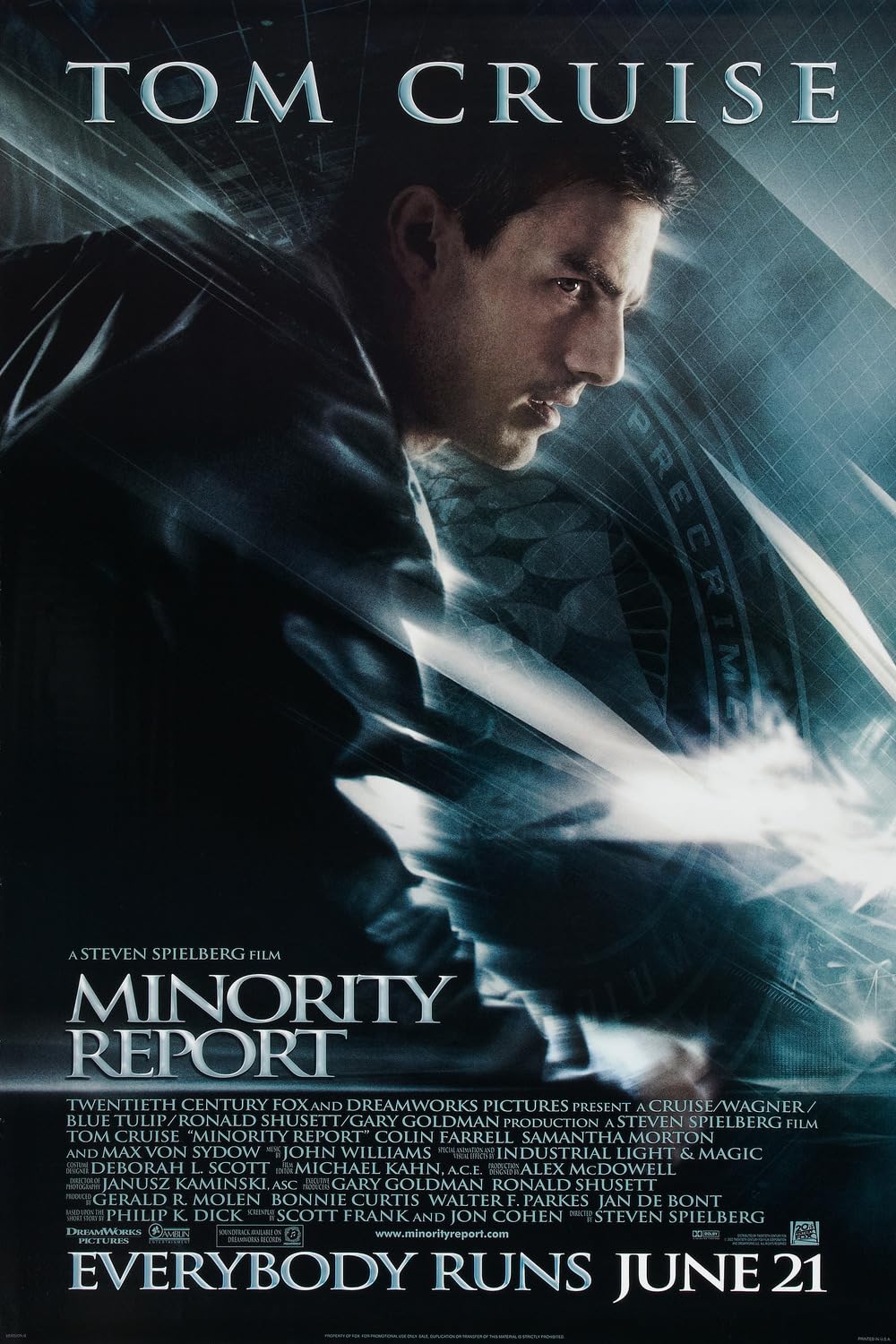- Messages
- 12,009
- Reaction score
- 2,590
- Points
- 238
Combating “Hate”: The Trojan Horse for Precrime
Philip K. Dick’s 1956 novella The Minority Report created “precrime,” the clairvoyant foreknowledge of criminal activity as forecast by mutant “precogs.” The book was a dystopian nightmare, but a 2015 Fox television series transforms the story into one in which a precog works with a cop and shows that data is actually effective at predicting future crime.
Canada just tried to enact a precrime law along the lines of the 2015 show, but it was panned about as much as the television series. Ottawa’s now-tabled online harms bill included a provision to impose house arrest on someone who is feared to commit a hate crime in the future. From The Globe and Mail:
While the Canadian bill is shelved for now, it wouldn’t be surprising to see it resurface after some future hate crime. I wonder if this is where burgeoning “anti-hate” programs across the US are headed. The Canadian bill would have also allowed “people to file complaints to the Canadian Human Rights Commission over what they perceive as hate speech online – including, for example, off-colour jokes by comedians.”
There are now programs in multiple US states to do just that – encourage people to snitch on anyone doing anything perceived as “hateful.”
The 2021 federal COVID-19 Hate Crimes Act began to dole out money to states to help them respond to hate incidents. Oregon now has its Bias Response Hotline to track “bias incidents.” In December of 2022, New York launched its Hate and Bias Prevention Unit. Maryland, too, has its system – its hate incidents examples include “offensive jokes” and “malicious complaints of smell or noise.”
More:
 www.nakedcapitalism.com
www.nakedcapitalism.com
Philip K. Dick’s 1956 novella The Minority Report created “precrime,” the clairvoyant foreknowledge of criminal activity as forecast by mutant “precogs.” The book was a dystopian nightmare, but a 2015 Fox television series transforms the story into one in which a precog works with a cop and shows that data is actually effective at predicting future crime.
Canada just tried to enact a precrime law along the lines of the 2015 show, but it was panned about as much as the television series. Ottawa’s now-tabled online harms bill included a provision to impose house arrest on someone who is feared to commit a hate crime in the future. From The Globe and Mail:
The person could be made to wear an electronic tag, if the attorney-general requests it, or ordered by a judge to remain at home, the bill says. Mr. Virani, who is Attorney-General as well as Justice Minister, said it is important that any peace bond be “calibrated carefully,” saying it would have to meet a high threshold to apply.
But he said the new power, which would require the attorney-general’s approval as well as a judge’s, could prove “very, very important” to restrain the behaviour of someone with a track record of hateful behaviour who may be targeting certain people or groups…
People found guilty of posting hate speech could have to pay victims up to $20,000 in compensation. But experts including internet law professor Michael Geist have said even a threat of a civil complaint – with a lower burden of proof than a court of law – and a fine could have a chilling effect on freedom of expression.
While the Canadian bill is shelved for now, it wouldn’t be surprising to see it resurface after some future hate crime. I wonder if this is where burgeoning “anti-hate” programs across the US are headed. The Canadian bill would have also allowed “people to file complaints to the Canadian Human Rights Commission over what they perceive as hate speech online – including, for example, off-colour jokes by comedians.”
There are now programs in multiple US states to do just that – encourage people to snitch on anyone doing anything perceived as “hateful.”
The 2021 federal COVID-19 Hate Crimes Act began to dole out money to states to help them respond to hate incidents. Oregon now has its Bias Response Hotline to track “bias incidents.” In December of 2022, New York launched its Hate and Bias Prevention Unit. Maryland, too, has its system – its hate incidents examples include “offensive jokes” and “malicious complaints of smell or noise.”
More:
Combating “Hate”: The Trojan Horse for Precrime | naked capitalism
Canada tables a pre-hate-crime bill, but why are US states institutionalizing programs to collect data on all types of hate “incidents"?

